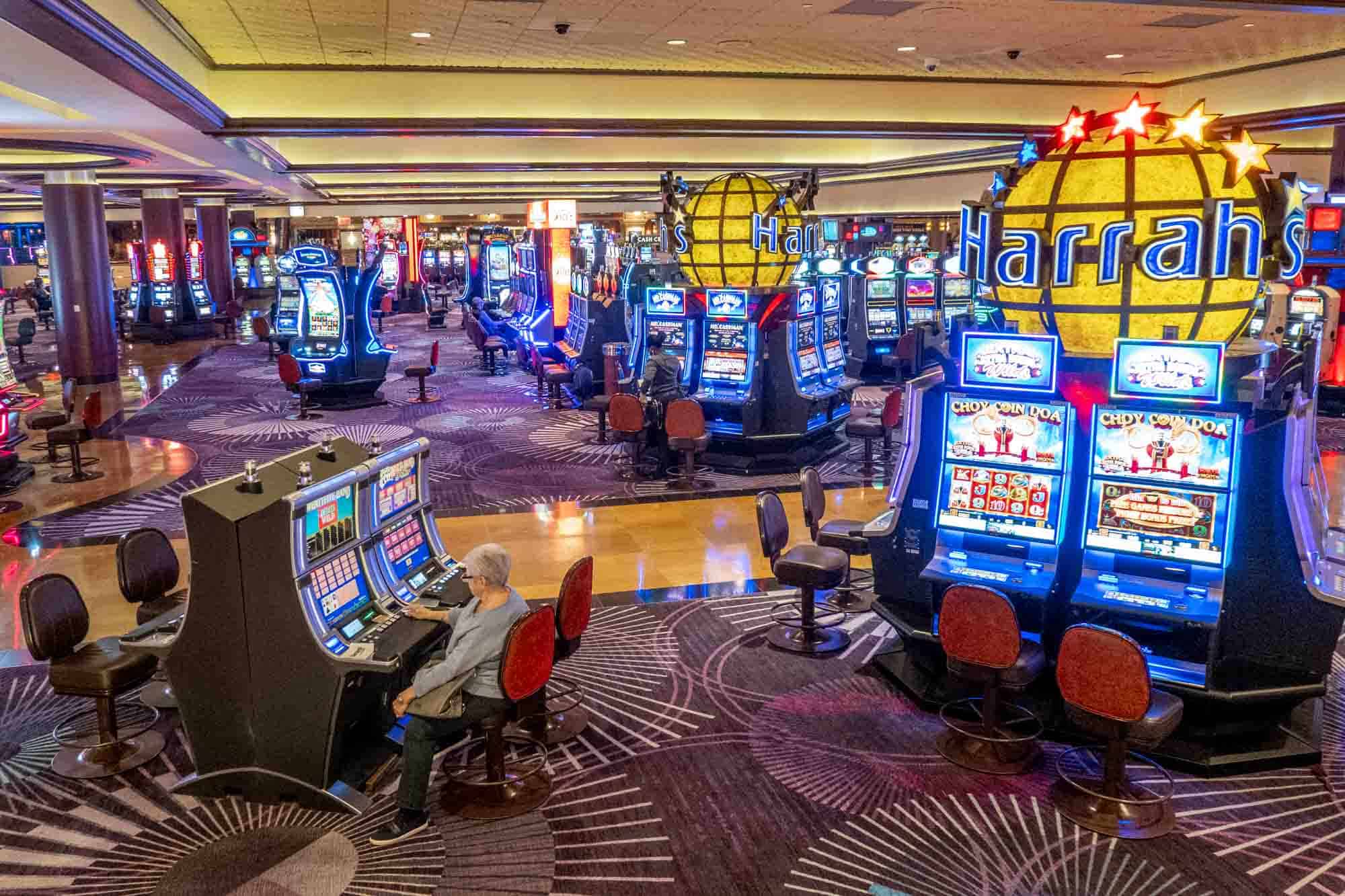
Casino games have captivated players for centuries, evolving from simple pastimes to intricate adventures that integrate chance, strategy, and fun. From the early beginnings of gambling in cultures like Mesopotamia and Rome to the extravagant corridors of contemporary casinos, the history of these games uncovers much about our nature and our relationship with risk. As cultures have merged and technology has advanced, casino games have transformed, mirroring shifts in society and innovations in gameplay.
The initial iterations of gambling likely involved basic games involving dice and betting on the outcomes of sporting events. Through the years, these early games grew into more complex games like card games, roulette, and the myriad one-armed bandits that line the premises of casinos today. Each period brought its own set of rules, design elements, and cultural importance. At present, casino games persist in evolving with the rise of internet-based platforms, enabling players from all corners of the globe to engage in a common experience, further blending the traditional with the age of technology.
Initial Beginnings of Gambling Games
Casino games have foundations that reach back to ancient civilizations, where gambling was strongly integrated in cultural practices and cultural customs. The first known forms of gambling appeared in Mesopotamia around 3000 BC, including simple die games made from knuckle bones. These primitive games laid the groundwork for more complex betting games, demonstrating human beings’ innate desire to pursue wealth and entertainment through luck.
As civilizations evolved, so did their gambling interests. In ancient China, around 2300 BC, objects were unearthed that looked like primitive rudimentary versions of a lottery activity. More structured instances of betting arose in the Roman Empire, where games of luck were a common recreation, often taking place in community events. The ancient Romans developed various betting activities, which included die and board games, highlighting the widespread nature of betting across various social strata.
With the movement of ages, these early activities shaped the progress of modern casino games. In the Middle Ages, card activities became prevalent in European culture, paving the way for the organized gambling venues we know today. The change from casual betting to formal gambling in taverns and private homes marked a significant transformation in how people engaged with activities of chance, leading to the eventual establishment of casinos as dedicated places for betting.
The Rise of Modern Gambling Industry
The final 20th century marked a crucial shift in the field of gaming, fueled by technological progress and shifts in cultural attitudes towards betting. The introduction of personal computers and the internet altered the way gamblers interacted with their preferred games. Virtual casinos emerged, enabling players to enjoy classic table games like poker and blackjack from the comfort of their homes. This new online environment not only expanded access to gambling options but also attracted a newer audience who found the convenience and diversity attractive.
As online gambling gained popularity, so did developments in gaming technology. The advancement of sophisticated programs and visual elements converted conventional casino games into engaging experiences. Gamblers could now interact with authentic live dealers through real-time broadcasts, bringing the atmosphere of brick-and-mortar casinos directly into their houses. This fusion of in-person play with online platforms created a new hybrid model that enhanced the social aspect of gambling, allowing it possible for people to engage and challenge with fellow gamers around the world.
Moreover, the growth of mobile gaming substantially changed the casino landscape. With the ubiquitous use of smartphones and tablets, players can access their preferred casino games anywhere, anytime. Mobile applications offer a extensive range of games customized for touchscreens, catering to the fast-paced lifestyle of modern users. DK7 สล็อต This easy access has resulted in rising involvement in gambling, fostering the surge of the gaming industry. As a result, the outlook of gambling continues to evolve, responding to new technologies and shifting consumer preferences.
The Impact of Technology on Casino Games
The evolution of technology has significantly transformed casino games, improving the overall experience for players for players around the world. With the introduction of the internet, online casinos emerged, allowing players to play their preferred games from the comfort of their homes. This shift not only made casino games more accessible but also increased the variety of games offered, as online platforms could host numerous variations of traditional games without the limitations of brick-and-mortar establishments.
Mobile technology further transformed the casino gaming landscape. As smartphones and tablets became widespread, players now have the ability to play casino games anytime and anywhere. This mobility has resulted in the development of dedicated mobile applications and optimized websites that provide seamless gaming experiences. Additionally, innovations such as live dealer games have delivered the authentic atmosphere of a casino into players’ living rooms, connecting between physical and online gaming.
Moreover, advancements in artificial intelligence and virtual reality are paving the way for the next generation of casino games. AI enhances game design and player interaction, creating tailored experiences based on user behavior and preferences. Meanwhile, virtual reality offers immersive environments where players can engage in a simulated casino setting, making the gaming experience more engaging and lifelike. As technology continues to evolve, the future of casino games seems bright, filled with endless possibilities for advancements and entertainment.
